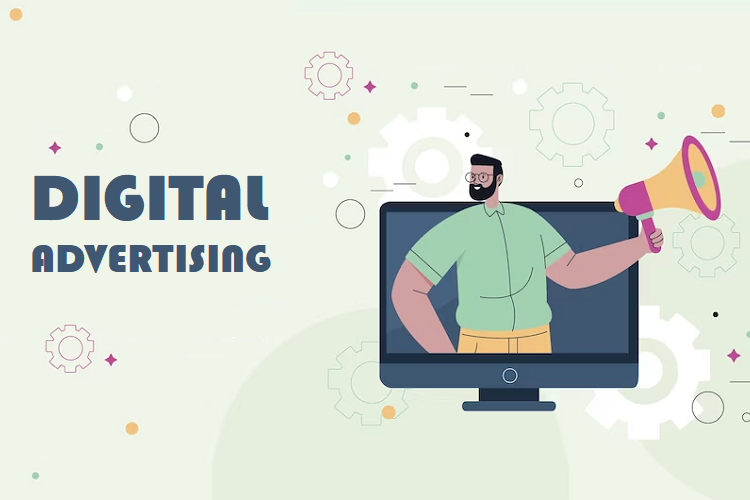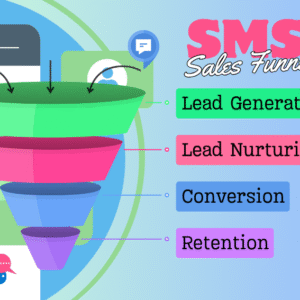Modern customers are becoming more demanding every day. A global market offers them thousands of products and services, and they want to choose only the best. How can we stand out and draw the attention of this picky audience? They ignore our advertising, and they ignore every our attempt to sell something.
We need to be smarter. And cynical, sometimes. Don’t worry, all the following tricks are totally legal. Actually, it isn’t fair to use them, as your competitors will have no chances to stay afloat. But the global market is not the right place for mercy! Go and grab your success!
Active voice
This tip works both for essays and copywriting. When you use the active voice, your arguments sound stronger. Readers feel that you’re 100% confident about your topic. If you use the passive voice, it sounds like you have some doubts. Why would your customer trust your words if even you’re not sure?
No NO’s
When you say “No,” your client hears: “Go away, we don’t want you to be here.” Use the words that may replace “not” and “no” in different contexts: no fee — free, no delays — always on time, no personal data — total privacy, etc.
Because
This tip was scientifically proved by a professor of psychology Ellen Langer. She discovered that people were more likely to agree with her statement or request if she added a magic word “because.” This word in combination with the following reason, make us comply automatically. You may test this trick in real life and then use it as a powerful marketing weapon!
Details
Compare these two phrases: “Order our comfortable blanket now” and “Order a soft blanket that will be as cozy as purring of a warm kitty.” Do you feel the difference? Details are the things that make descriptions vivid. Can you imagine comfort? That’s quite difficult. And can you imagine a warm kitty? Remember that our brain doesn’t like difficulties. But it loves kitties.
So what?
This method works perfectly when it comes to composing influential product descriptions. Customers don’t care about your product or your company. They care only about themselves. Because we’re selfish. For example:
- Our cleaning service is the best. — Customers don’t care. So what?
- Your house will be 100% clean. — Customers care more. So what?
- You will have more time to spend with your children. — Customers REALLY care.
Percents into numbers
Funny fact, it is easier to persuade another person when you use numbers instead of percents. One more time: our brain doesn’t like difficulties. And for some reason, we can imagine numbers clearer than percents. Paradox! Moreover, if you add some kind of visualization (diagram, pyramid, a rank of colored figures, etc.), the brains of your customers will be even more satisfied. You could also get a bit creative and use something unusual like maps. If you have a lot of excel data, you can plot addresses on a google map and look at the data from a whole new perspective. Numbers are better than percents, and pictures are better than numbers.
Personification
The worst mistake of every copywriter is to write for someone. When you write for the ephemeral “someone,” you won’t achieve the best result. Of course, you can’t get acquainted with hundreds or thousands of people that will read your text. But you can create their detailed portraits. These portraits are called “buyer personas.”
Disadvantages
We are not perfect, and our customers know about that. If you want to build trust between you and your audience, you can show some of your weaknesses in the most positive light as possible.
For example: “We only have black models. Because black is always the new black.” Firstly, we’ve used three powerful words here: only, because, and always. Secondly, we have interpreted a well-known phrase “Pink/Orange/green is the new black.” Finally, we’ve shown that our collection is limited, but that only makes our clothes unique and classy, not bad.
Solution
Our customer doesn’t need senseless advertising anymore. They need solutions to their everyday problems. Imagine how your product or service might be helpful. “Benefits before features” should become your golden rule.
Example: Don’t write that your backpack is waterproof. Write that it will save your customers’ stuff from rain. And even better: “Our backpack won’t let changeable weather to ruin your holiday.” Nobody likes bad surprises, especially during their vacation, right?
Competitors
Not saying a word about your competitors is a bad move. Nobody can prevent you from writing about other companies. And you shouldn’t write bad things exclusively. Mentioning your competitors will create an illusion that your customer has already checked their website and doesn’t need to go there anymore.
For example: “XXX.com has slightly cheaper black dress, but you won’t be able to return it if it doesn’t fit you. What can be worse than buying a useless dress?”
That’s all. You’re welcome. Be smarter!






